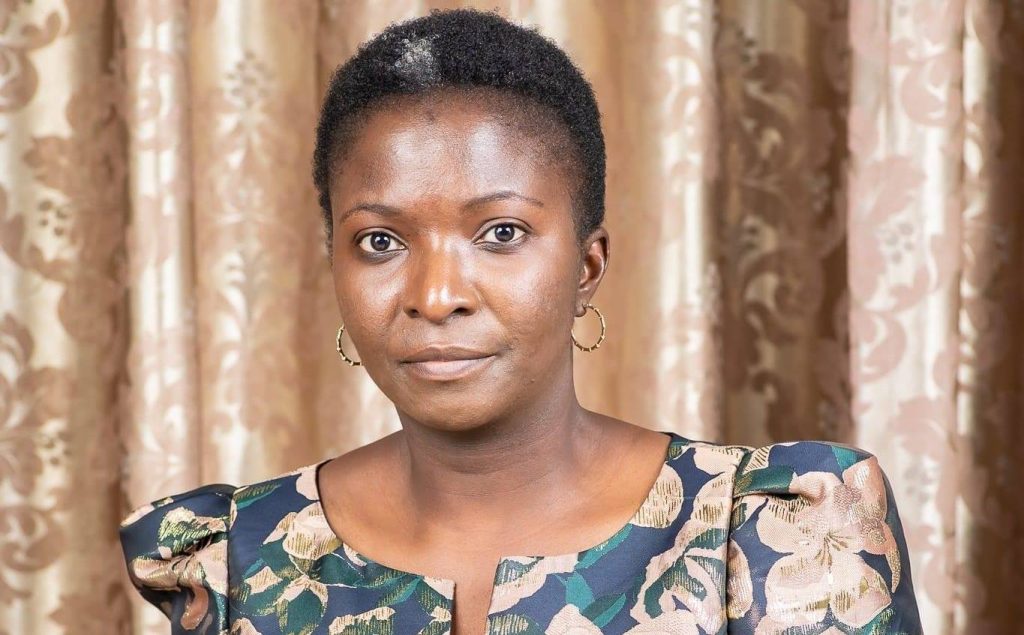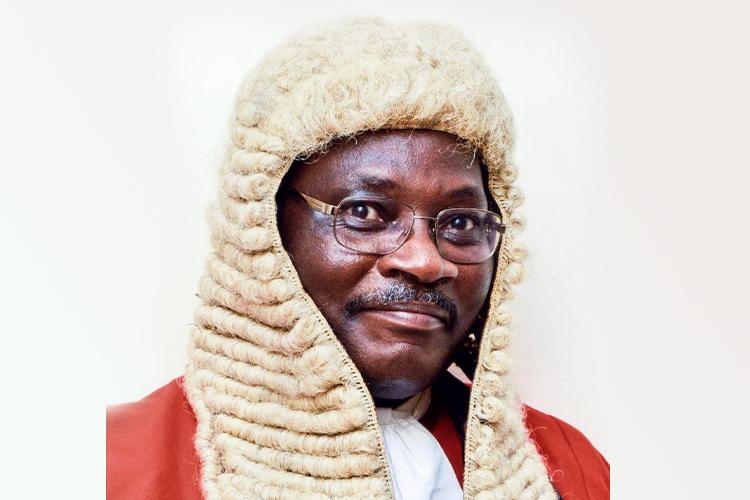ACB exposes key hurdles
The Anti-Corruption Bureau (ACB) has singled out financial constraints, the public’s impatience and pressure to see conclusion of corruption cases as key challenges that at times frustrate investigations.
Speaking in an interview on Tuesday in Mzuzu on the for magistrates jointly organised by ACB and Financial Intelligence Authority on corruption and financial crimes, ACB director general Martha Chizuma said the public wants instant results which is not possible. sidelines of a workshop

She said: “The public wants results today and now. They want an arrest and a conviction the same day. It does not work like that.
“These are very complex matters and even for the case of [United Kingdom-based businessperson Zuneth Sattar, it’s a case that we are dealing with a lot of information, intelligence that we have to sieve through and bring out the real issues.”
While decrying delays by the courts to conclude matters, Chizuma pleaded with the public to understand that the corruption problem was not created in a day, but over decades, as such, it will not be dealt with in one day.
She said: “For one case of procurement contract, it takes a minimum of six months and right now, we are dealing with five or six at the same time and we only started in October to November last year when real investigations started on the matters. But people want that you should finish that quickly.
“On the Sattar issue, we have arrested some people who we think are involved and we will continue working and very soon, people will see more action.”

Chizuma said the bureau is still investigating the issue of Sattar, a businessperson who has multi-billion kwacha procurement contracts with Malawi Government ministries, departments and agencies. She said the ACB knows what it is doing and will take action at an appropriate time.
She said: “So, I can’t mention names, but those who are suspects and there is evidence, we will open cases against them.”
The ACB boss said the bureau currently has about 80 active cases in court and others under investigation.
In an interview on the sidelines of the same workshop, Chief Justice Rizine Mzikamanda conceded existence of widespread corruption among the rank and file in the Judiciary, saying there is need to decisively deal with the vice to improve public perceptions of justice delivery.
He said corruption p e r c e p t i o n s h a v e negatively affected the Judiciary and there is need to work hard to erase the negative picture the public has of the custodians of justice.
Mzikamanda said: “You can go back to a number of Chief Justices who have spoken about this. Corruption has been long-existing, it’s an existing problem and it’s a problem that we need to deal with.
“I think that somebody also mentioned that it [ corruption] keeps changing in shape and form.”
He said the Judiciary also faces a tall order to meet the expectations of the public in dealing with the cases efficiently.
Mzikamanda said the Judiciary is in the process of making an administrative arrangement to deal with corruption cases while awaiting the setting up of the Financial Crimes Court.
However, he sa i d delays to dispose of cases in courts cannot be attributed to one player in the justice delivery system.
He said: “We know cases are dealt with by many players. Our system of justice has got a lot of areas that cause delays, but we want to play our part and ensure that we eliminate those delays.”
But Mzikamanda said he would not comment on the report the ACB submitted to President Lazarus Chakwera last month, saying: “That report was for the President and I think you know that it is the President who asked for that report, so it was for the President. As such, for us, we cannot make any comments on that.”
The bureau, according to Chakwera, also shared the report with Mzikamanda as head of the Judiciary and Speaker of the National Assembly Catherine Gotani Hara.
In his address on June 21 after getting the report from ACB, the President said the bureau found that 53 current and former public officers allegedly received money from Sattar in the eight months between March 2021 and October 2021 purportedly to influence award of contracts to his businesses.
He said the bureau found that between 2017 and 2021, Malawi Police Service and the Malawi Defence Force awarded 16 contracts worth $150 million to five companies linked to Sattar.





